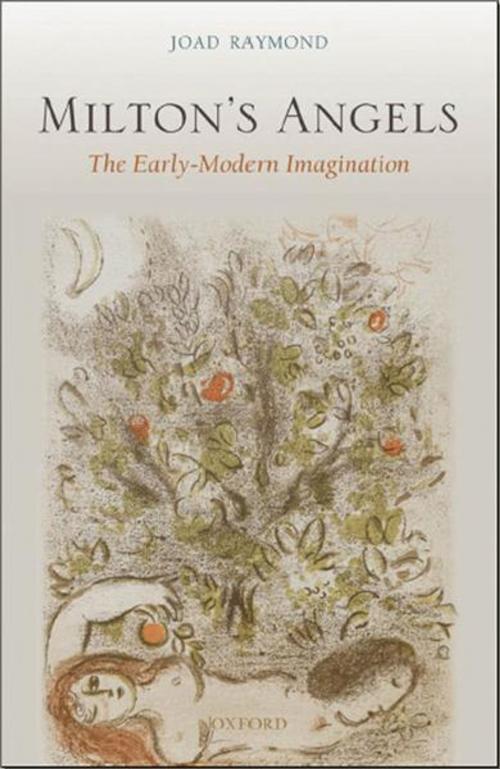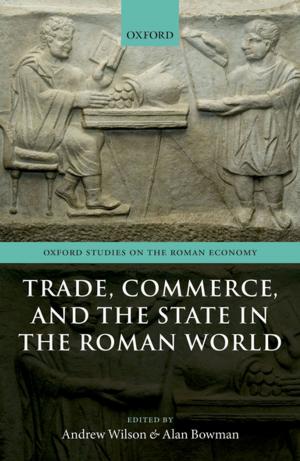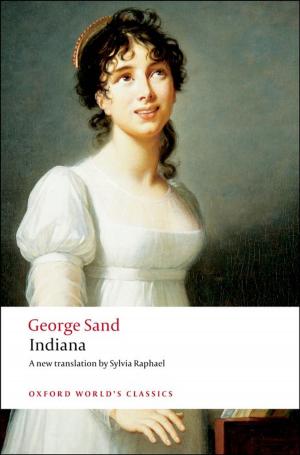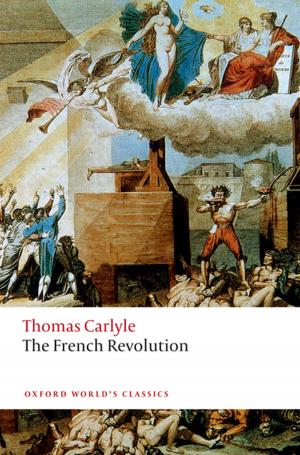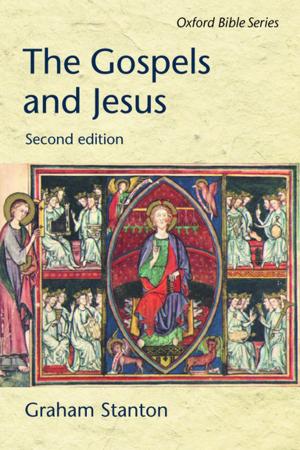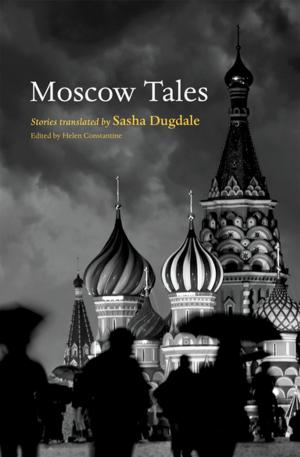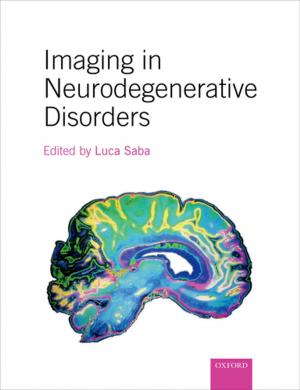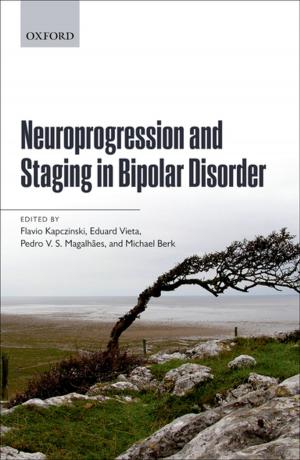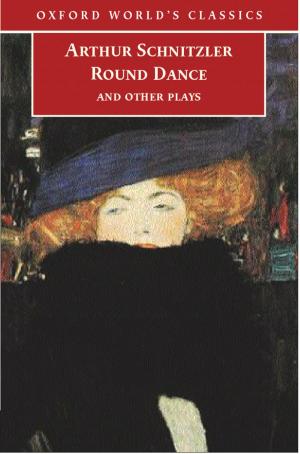Milton's Angels
The Early-Modern Imagination
Nonfiction, Entertainment, Drama, Anthologies, Fiction & Literature, Literary Theory & Criticism, Religion & Spirituality| Author: | Joad Raymond | ISBN: | 9780191609756 |
| Publisher: | OUP Oxford | Publication: | February 25, 2010 |
| Imprint: | OUP Oxford | Language: | English |
| Author: | Joad Raymond |
| ISBN: | 9780191609756 |
| Publisher: | OUP Oxford |
| Publication: | February 25, 2010 |
| Imprint: | OUP Oxford |
| Language: | English |
Milton's Paradise Lost, the most eloquent, most intellectually daring, most learned, and most sublime poem in the English language, is a poem about angels. It is told by and of angels; it relies upon their conflicts, communications, and miscommunications. They are the creatures of Milton's narrative, through which he sets the Fall of humankind against a cosmic background. Milton's angels are real beings, and the stories he tells about them rely on his understanding of what they were and how they acted. While he was unique in the sublimity of his imaginative rendering of angels, he was not alone in writing about them. Several early-modern English poets wrote epics that explore the actions of and grounds of knowledge about angels. Angels were intimately linked to theories of representation, and theology could be a creative force. Natural philosophers and theologians too found it interesting or necessary to explore angel doctrine. Angels did not disappear in Reformation theology: though centuries of Catholic traditions were stripped away, Protestants used them in inventive ways, adapting tradition to new doctrines and to shifting perceptions of the world. Angels continued to inhabit all kinds of writing, and shape the experience and understanding of the world. Milton's Angels: The Early-Modern Imagination explores the fate of angels in Reformation Britain, and shows how and why Paradise Lost is a poem about angels that is both shockingly literal and sublimely imaginative.
Milton's Paradise Lost, the most eloquent, most intellectually daring, most learned, and most sublime poem in the English language, is a poem about angels. It is told by and of angels; it relies upon their conflicts, communications, and miscommunications. They are the creatures of Milton's narrative, through which he sets the Fall of humankind against a cosmic background. Milton's angels are real beings, and the stories he tells about them rely on his understanding of what they were and how they acted. While he was unique in the sublimity of his imaginative rendering of angels, he was not alone in writing about them. Several early-modern English poets wrote epics that explore the actions of and grounds of knowledge about angels. Angels were intimately linked to theories of representation, and theology could be a creative force. Natural philosophers and theologians too found it interesting or necessary to explore angel doctrine. Angels did not disappear in Reformation theology: though centuries of Catholic traditions were stripped away, Protestants used them in inventive ways, adapting tradition to new doctrines and to shifting perceptions of the world. Angels continued to inhabit all kinds of writing, and shape the experience and understanding of the world. Milton's Angels: The Early-Modern Imagination explores the fate of angels in Reformation Britain, and shows how and why Paradise Lost is a poem about angels that is both shockingly literal and sublimely imaginative.
